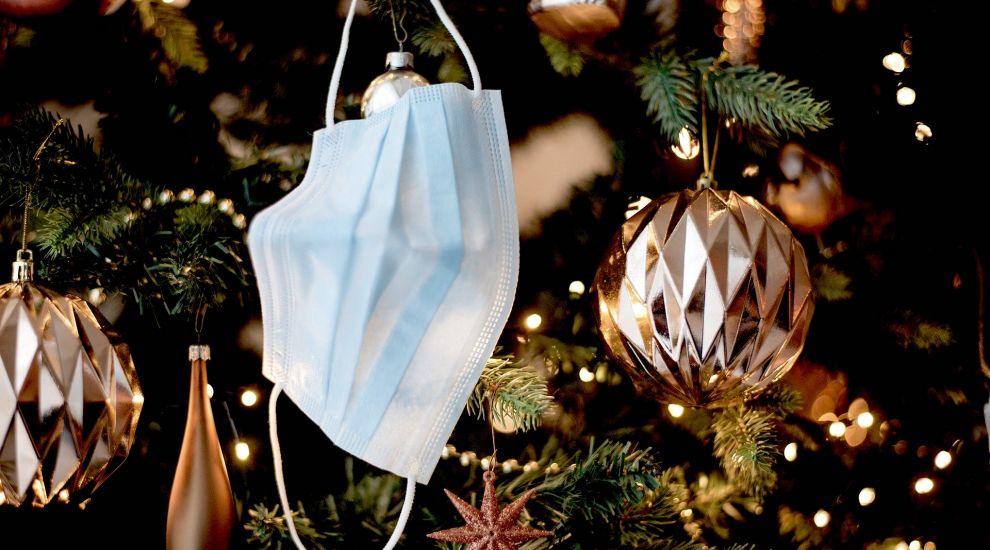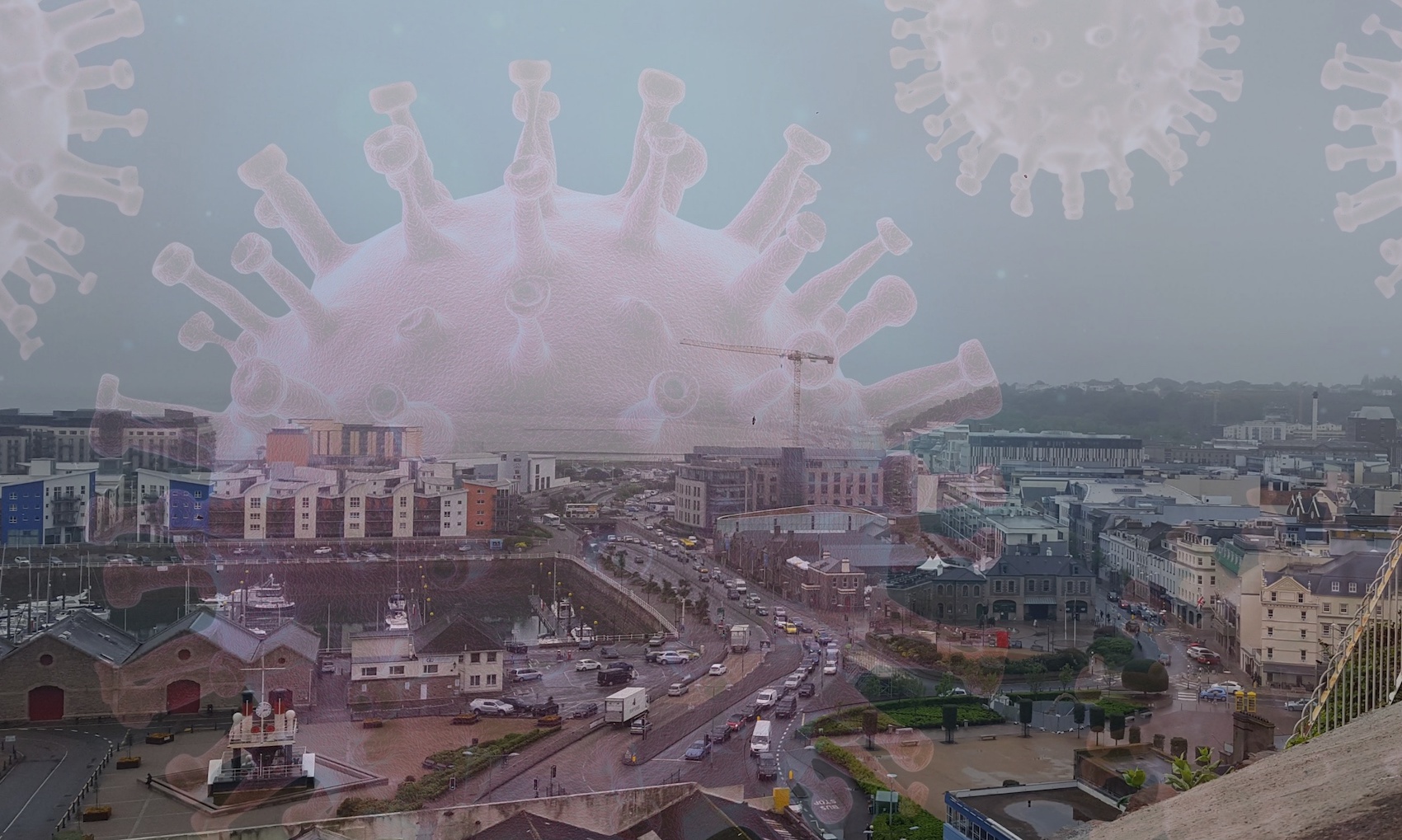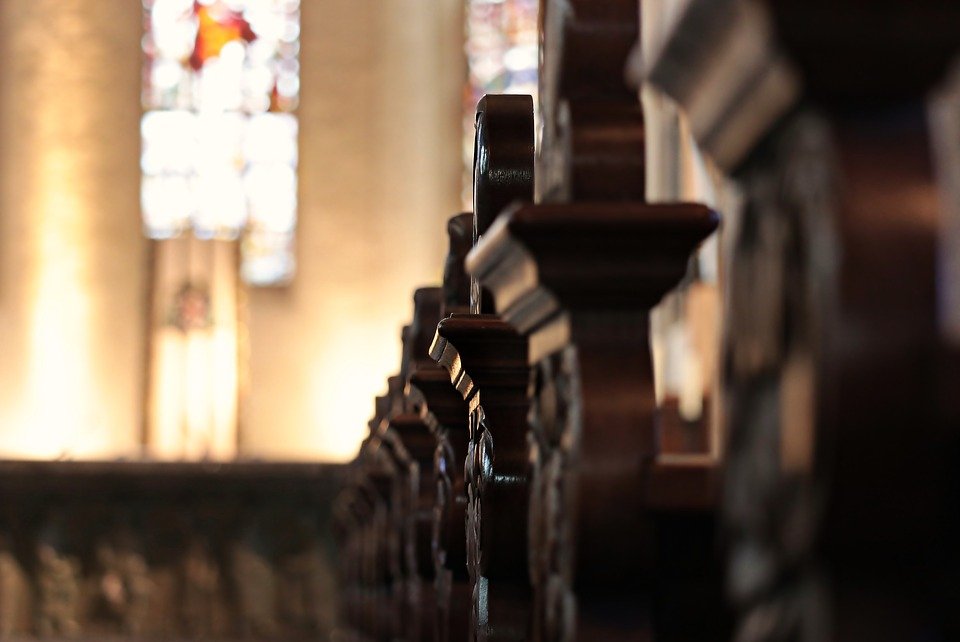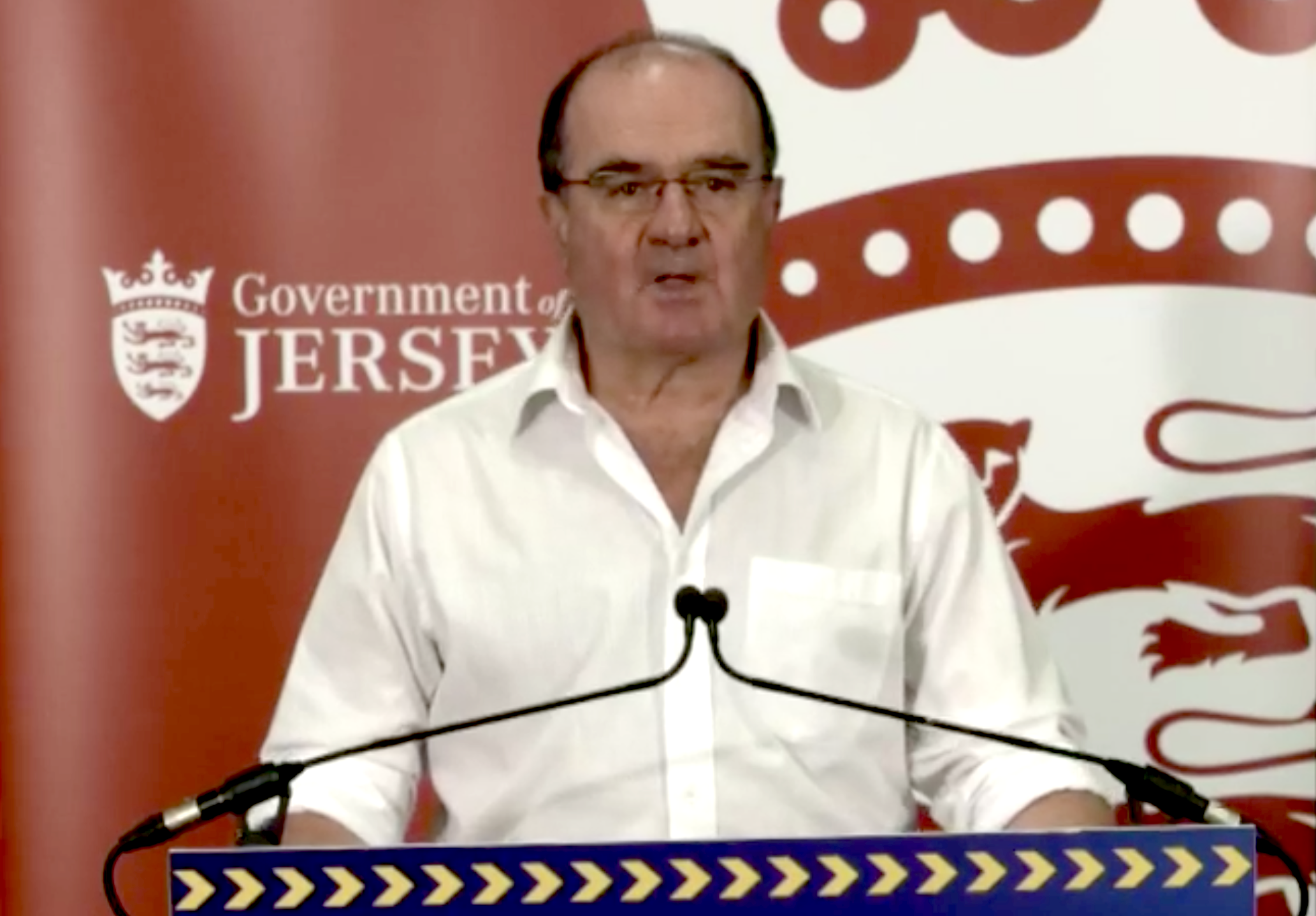


Jersey's key scientific advisory panel were left questioning their role in the pandemic after the Government declined to consult them on its original plan to allow three ‘large gatherings’ over the festive period, it has emerged.
Meeting minutes released today show how the Scientific and Technical Advisory Cell - known as STAC - were told by the Government’s Interim Head of Public Health Policy on 3 December that Ministers “decided to recommend that people should not host, or attend, more than three gatherings over the Christmas period and that those gatherings should be restricted to 10 attendees.”
STAC was also told that Ministers had accepted advice from policy officials “that visiting care homes should be restricted over the festive period, although a visit would be permitted on one of three days around Christmas Day and the restriction would not apply to anyone receiving end of life care.”
Patrick Armstrong MBE, Chair of STAC, was recorded at the time as noting that STAC “had not been asked for its views and questioned whether it should discuss the matter.”

Pictured: STAC Chair, Patrick Armstrong MBE, said that the cell was not asked for its views on the advice.
The Government’s Director of Strategy responded, saying that a decision had been reached “so he did not believe that there was a formal need for the Cell to provide advice”, though he said their views would be “welcomed.”
“The Chair opined that it had been quite a significant decision to take and once it was published, people were likely to ask on what evidence it had been based. Accordingly, he asked if the Cell was in a position to respond,” the minutes read.
The cell’s Independent Advisor on Epidemiology also agreed that “the advice around Christmas should have been considered by the cell”, going on to state that the festive guidance decided by Ministers was “amongst the most significant interventions taken during the pandemic, so it was important that, as much as possible, they were based on scientific evidence.”
Going a step further, he went on to suggest that the “decision to introduce those mitigations, without consultation with the Scientific and Technical Advisory Cell, brought into question its role.”
The festive guidance decision, which was eventually made public one week later, came at a time when STAC was considering potential lockdown measures and cases had been detected in local care homes.
In the same meeting, members of STAC learned that Ministers forming part of the ‘Competent Authority’ had also decided to “severely curtail visits to care homes” without taking any scientific advice.
“…The Chair indicated that this had also not been discussed by the Cell, but was a significant step to have taken, without members of the Cell having had the opportunity to consider it,” minutes state.
This was justified by a Government Policy Head as being due to the need to make a rapid decision after three cases were detected in care homes. They said that discussions had been held with clinicians, Ministers and the CEO of advocacy service ‘My Voice’.

Pictured: STAC was given modelling predictions suggesting that without restrictions, cases could top 2,000 in early January.
STAC itself had started considering the issue of restrictions over the festive period in autumn.
On 19 October, the Associate Medical Director for Primary Prevention and Intervention was also recorded as having “stressed that, as clinicians, their role was to keep patients safe. He acknowledged that people might wish to hold Christmas parties, but that everyone should exercise caution, because all Islanders had a responsibility towards others in the island. There was insufficient resilience within the Health and Community Services Department to backfill posts in the event of widespread transmission amongst staff and this was also the case for other essential services, such as those working for Jersey Post, or collecting refuse.”
After the cell noted that indoor, super-spreading events were a key risk over the festive period, the Environmental Health Consultant said it would “be helpful to have something that could be enforced.”
“He was in favour of restricting the numbers to 10 or 12 and suggested that, provided it was logical and the rationale understandable, people would be more likely to adhere to the requirement. He would not wish to see 12 people from 12 different homes come together, but was in favour of restricting gatherings to two or three family groups. His experience of compliance to-date was that many people did not believe that the existing legislation around covid-19 applied to them and they perceived no jeopardy, because of the time taken to achieve a prosecution,” the minutes state.
On 13 November, the minutes show how the Chief Minister made a specific request as to whether an "exception to the maximum numbers could be made for indoor church services held over Christmas.”
STAC said it was of the view that it was important to implement restrictions on a “consistent basis” and instead said that church services “could be conducted ‘virtually’ as had been the case earlier in the year.”

Pictured: STAC did not support creating covid guidance exceptions for churches.
The Government’s initial festive gathering advice released on 11 December, however, ended up carving out a slightly different exception for church services - they would not count towards islanders’ ‘three gathering limit’.
It was only on 18 December that the Chief Minister announced a significant tightening of festive rules, stating that no one should meet anyone from another household indoors apart from on Christmas Day or Boxing Day.
The day before, the Clinical Lead for Primary Care warned of a “perfect storm” scenario around Christmas, “where more people would require treatment for covid-19, but there would be a significant decline in the number of staff available in health and care settings, because they would be in isolation, either as positive cases themselves, or as direct contacts.”
STAC were also shown a model predicting 2,400 active cases in Jersey by 4 January if no further restrictions were put in place.
Infection modelling was presented to Ministers that day, as well as three options for tightening restrictions, ranging from “no change, to tighter restrictions, particularly around household gatherings, to a further circuit break, which could involve the closure of non-essential retail and the prevention of inter-household mixing, with a potential exception for the 25th and 26th December.”
At that point, the track and trace system was recorded as being “at capacity” amid more cases being identified in care homes and the hospital. Dr Ivan Muscat suggested that the trajectory of the virus spread would become “more vertical” if tougher measures weren’t announced.
“As a minimum, he wished for a restriction in the number and size of any gatherings – mindful that it might be difficult to enforce this in private homes - and emphasised that the later any mitigations were introduced, the longer it would take to retrieve the situation and he reminded the Cell of the increased case numbers that had been experienced after the half-term break,” the minutes stated.
The following day, Dr Muscat issued an urgent warning that “the current level of risk posed by covid-19 was being greatly underestimated”, going on to state that “He would have anticipated, by now, seeing some effect from the restrictions and the hospitality circuit breaker, but the number of new cases was continuing to rise and he anticipated the situation deteriorating over Christmas as a result of household mixing. There was widespread community transmission of the virus and once it entered households it spread with alacrity.”

Pictured: Dr Ivan Muscat said the risk posed by covid-19 was being "greatly underestimated."
That evening, the Government decided to override its previous festive guidance, issuing advice that islanders should only meet on Christmas Day and Boxing Day - putting an end to hopes of celebrations on Christmas Eve and New Year's Eve.
In a press conference announcing the measures, Dr Ivan Muscat MBE also issued an urgent plea to islanders to stop mixing indoors and in private gardens immediately.
Comments
Comments on this story express the views of the commentator only, not Bailiwick Publishing. We are unable to guarantee the accuracy of any of those comments.